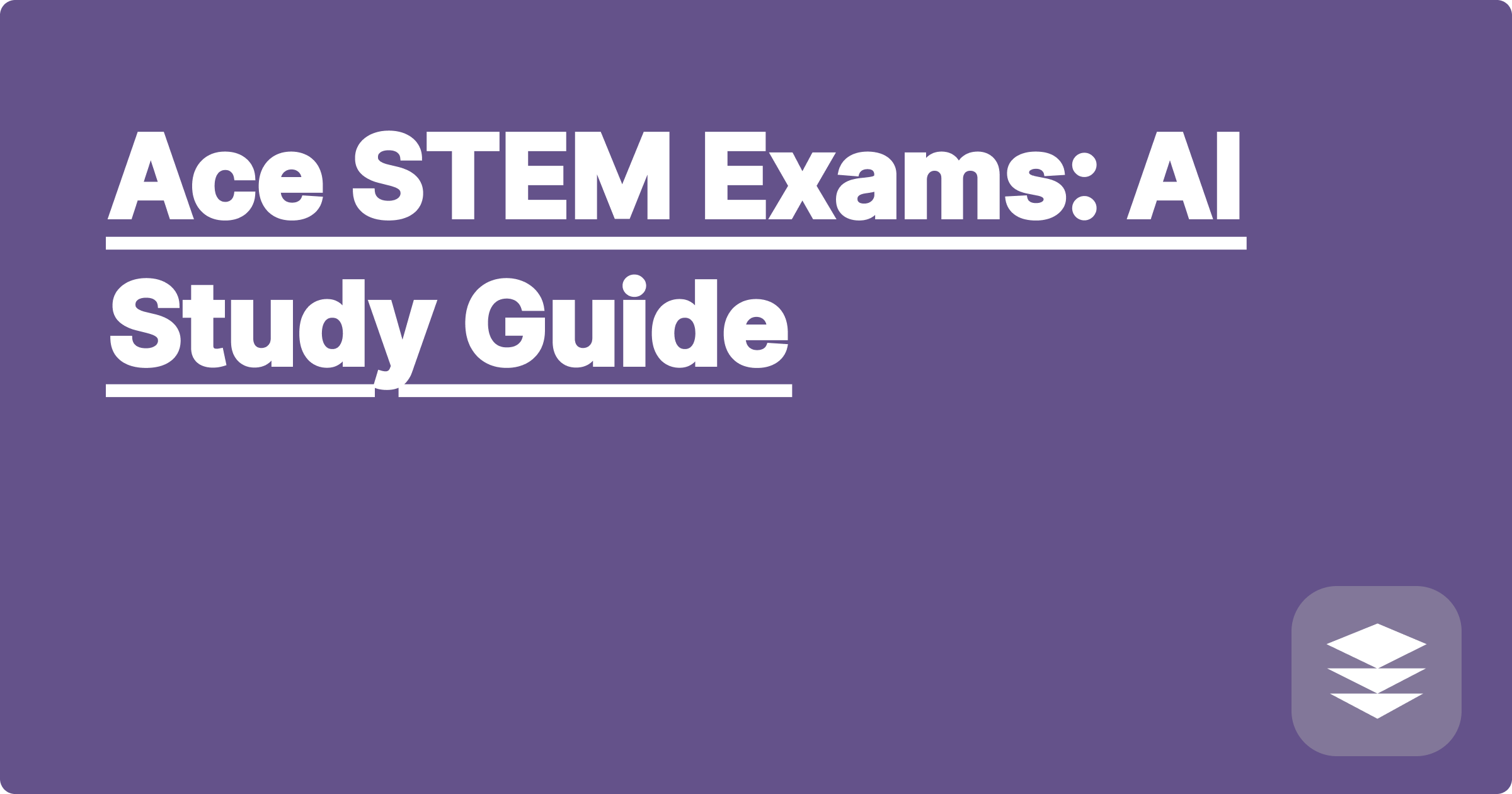
The demanding world of STEM education and research presents a unique challenge: mastering complex concepts and applying them effectively in exams and real-world scenarios. This challenge is compounded by the sheer volume of information students and researchers must process. Fortunately, the rise of artificial intelligence offers a powerful suite of tools that can revolutionize the way we approach learning, problem-solving, and exam preparation in STEM fields. AI can act as a personalized tutor, a sophisticated research assistant, and a powerful study aid, empowering STEM students and researchers to navigate the complexities of their disciplines with greater efficiency and confidence.
This shift towards AI-powered learning is not just a trend; it's a fundamental change in how we can approach knowledge acquisition and application. For STEM students, AI can provide personalized study plans, targeted practice problems, and instant feedback, leading to improved understanding and exam performance. For researchers, AI can accelerate literature reviews, assist in data analysis, and even contribute to the generation of new hypotheses, opening up exciting new avenues for scientific discovery. Embracing these AI tools is no longer optional; it's becoming essential for success in the increasingly competitive landscape of STEM.
STEM fields are inherently challenging due to their reliance on abstract concepts, complex mathematical models, and intricate experimental designs. Students often struggle to connect theoretical knowledge with practical applications, leading to difficulties in problem-solving and exam performance. Traditional study methods, like rote memorization and passive reading, are often insufficient for mastering the intricate details and interconnectedness of STEM subjects. Furthermore, the rapid pace of advancements in STEM fields means that the amount of information students and researchers need to absorb is constantly expanding, creating an ever-increasing pressure to learn more, faster. This information overload can lead to cognitive fatigue and hinder deep understanding, making it crucial to find more efficient and effective learning strategies.
Artificial intelligence offers a transformative solution to the challenges of STEM education and research. AI-powered tools like ChatGPT, Claude, and Wolfram Alpha can provide personalized learning experiences tailored to individual needs and learning styles. These tools can explain complex concepts in simpler terms, generate practice problems with varying levels of difficulty, and offer step-by-step solutions, fostering a deeper understanding of the material. Moreover, AI can analyze student performance and identify areas of weakness, allowing for targeted interventions and personalized study plans. This personalized approach to learning can significantly improve knowledge retention and exam performance.
Let's consider the process of learning a new concept in thermodynamics, for example, entropy. Begin by asking an AI tool like ChatGPT to explain the concept of entropy in simple terms, providing analogies and real-world examples. Then, request the AI to generate practice problems related to entropy calculations, starting with simpler problems and gradually increasing the complexity. After attempting each problem, use the AI to check your work and provide detailed feedback on your solution. If you're struggling with a particular aspect of the problem, ask the AI to break down the solution step-by-step and explain the underlying principles. This iterative process of learning, practicing, and receiving feedback allows for a deeper understanding of the concept and strengthens problem-solving skills.
Suppose you need to solve a problem involving the ideal gas law: PV = nRT. You can input the known values into Wolfram Alpha, specifying the unknown variable you want to calculate. For instance, if you know the pressure, volume, number of moles, and the gas constant, you can ask Wolfram Alpha to solve for the temperature. Similarly, you can use ChatGPT to derive formulas related to thermodynamics, such as the change in Gibbs free energy, or to explain the relationship between enthalpy and entropy. For more complex problems involving differential equations, you can use Wolfram Alpha to find the solutions, plot the results, and even generate code in languages like Python or Mathematica for further analysis.
To maximize the benefits of AI in STEM education and research, it's essential to develop effective strategies for using these tools. First, clearly define your learning objectives and tailor your AI queries accordingly. Instead of asking general questions, focus on specific concepts or problems you want to understand. Second, actively engage with the AI by asking follow-up questions, challenging its responses, and seeking clarification when needed. Treat the AI as a tutor or a collaborator, not just a passive source of information. Third, combine AI-powered learning with traditional study methods such as reading textbooks, attending lectures, and working through problem sets. AI should be seen as a supplement to, not a replacement for, these established learning practices. Finally, be mindful of the limitations of AI and always double-check the information provided by these tools against reliable sources.
In conclusion, AI has the potential to revolutionize STEM education and research by providing personalized learning experiences, accelerating research processes, and empowering students and researchers to overcome the challenges of these demanding fields. By embracing these powerful tools and developing effective strategies for their use, STEM students and researchers can unlock their full potential and achieve greater success in their academic and professional pursuits. Start exploring the capabilities of AI tools like ChatGPT, Claude, and Wolfram Alpha today and discover how they can transform your approach to learning and research. Experiment with different strategies, find what works best for you, and integrate these tools into your daily workflow to experience the full benefits of AI-powered learning.
AI Homework Help: STEM Made Easy
Ace STEM Exams: AI Study Guide
AI for Lab Reports: Data Analysis